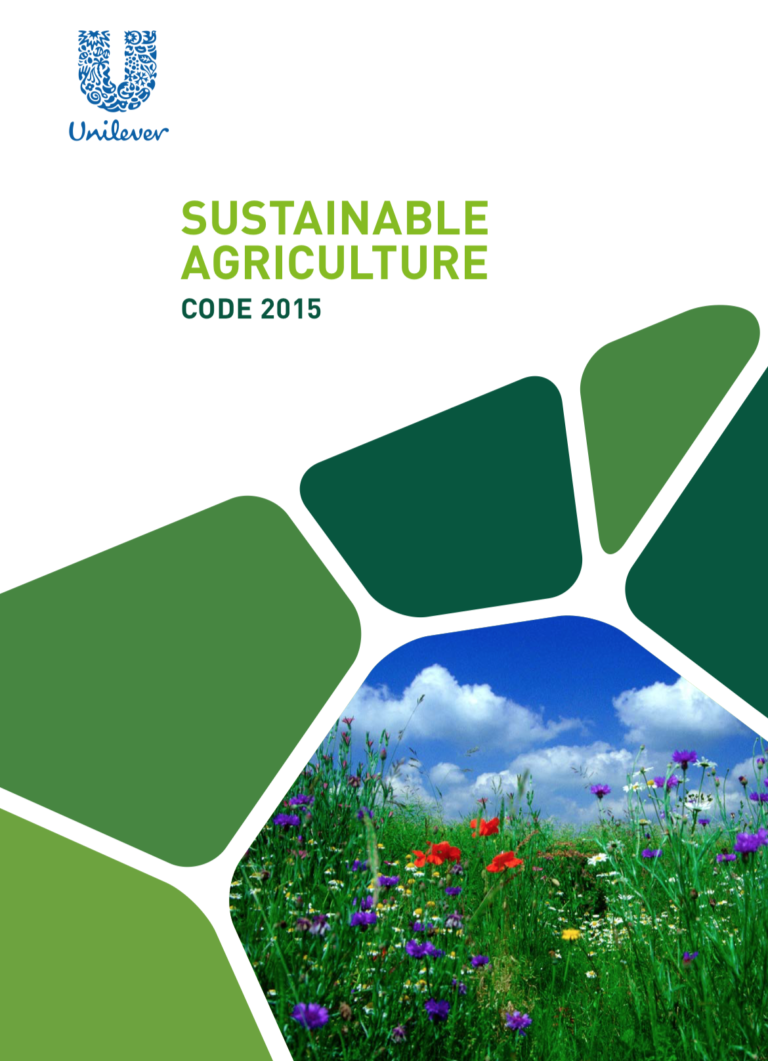Lululemon Athletica Global Code Of Business Conduct And Ethics
Standards & Codes of ConductThis Code provides information, resources, and tools that help empower us to act ethically and in compliance with the law. This Code applies to all officers, directors, contractors and employees of lululemon, including its affiliates and subsidiari...Read More

